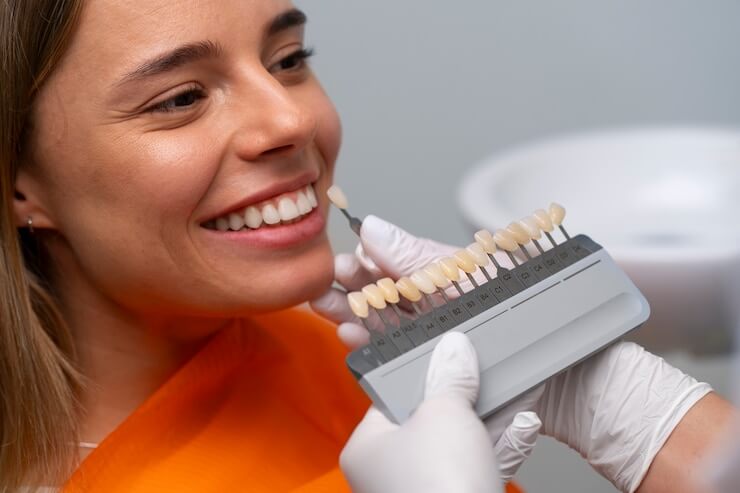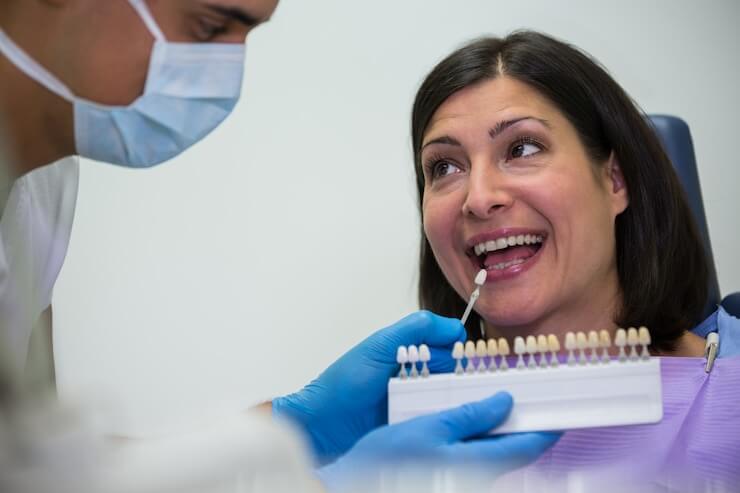


Dental crowns, often referred to as caps, are custom-made restorations designed to cover and protect a damaged or weakened tooth. They are shaped like the natural tooth and are placed over the tooth to restore its size, shape, strength, and appearance.
At Urgent Dental Care, we use high-quality materials and advanced techniques to create durable and natural-looking dental crowns on teeth that seamlessly blend with your existing teeth. Whether you need a crown for functional or cosmetic reasons, our team is here to provide personalized care to meet your dental needs.
Urgent Dental Care is your go-to clinic for comprehensive emergency dental treatments in prahran. Led by Dr. Lovedeep Kaur, with over 15 years of experience, we specialize in both emergency and general dental treatments. We are committed to making dental care accessible and affordable, offering services that fit into your busy life, including online consultations.
Copyright © 2024 UDC. All rights reserved. Website Designed by TaskyMonk